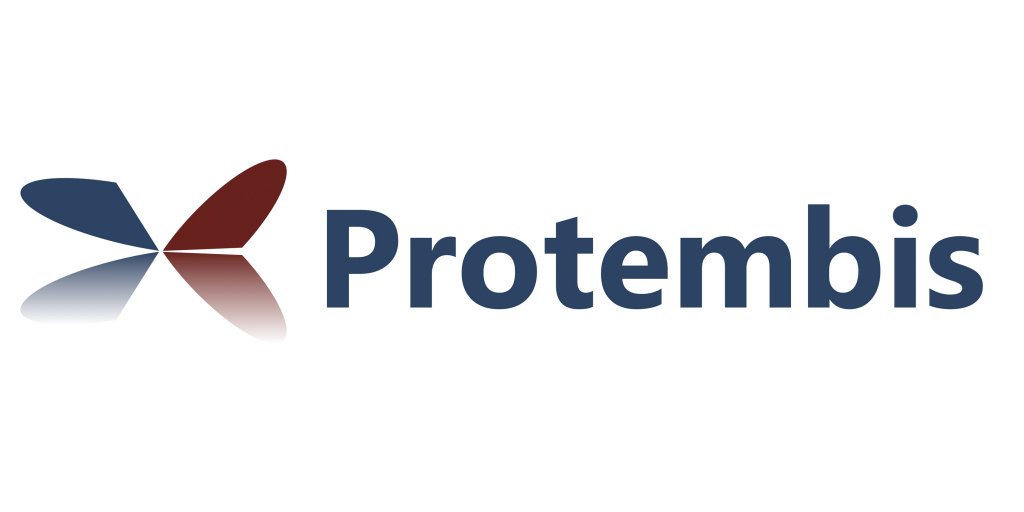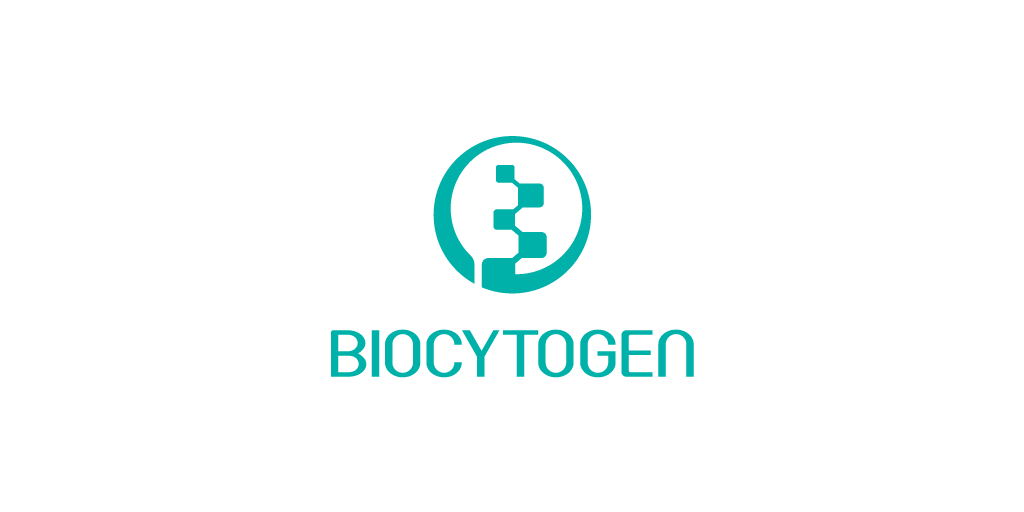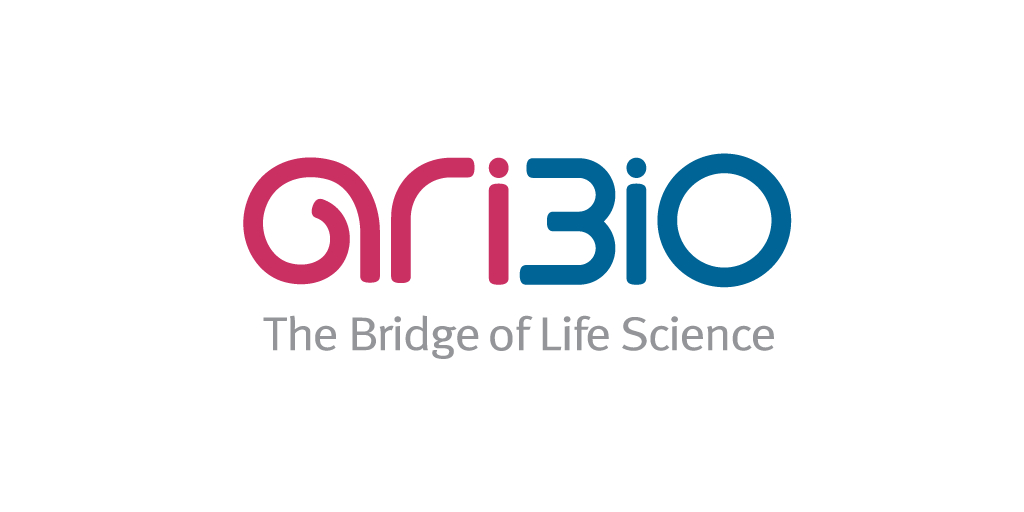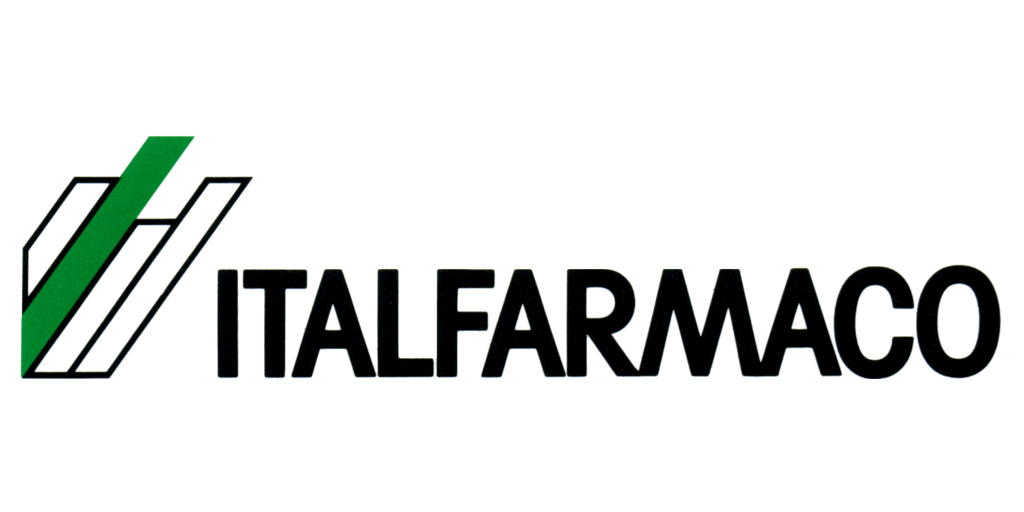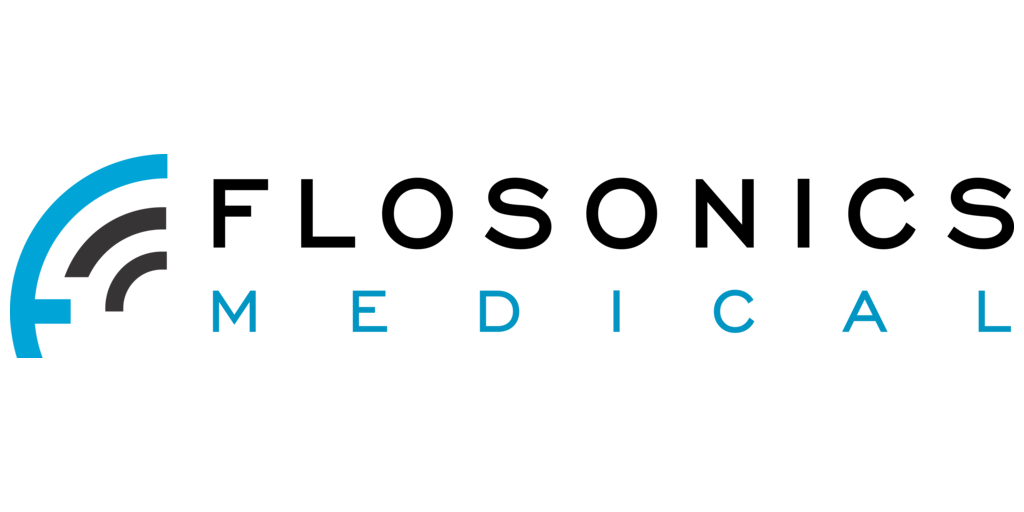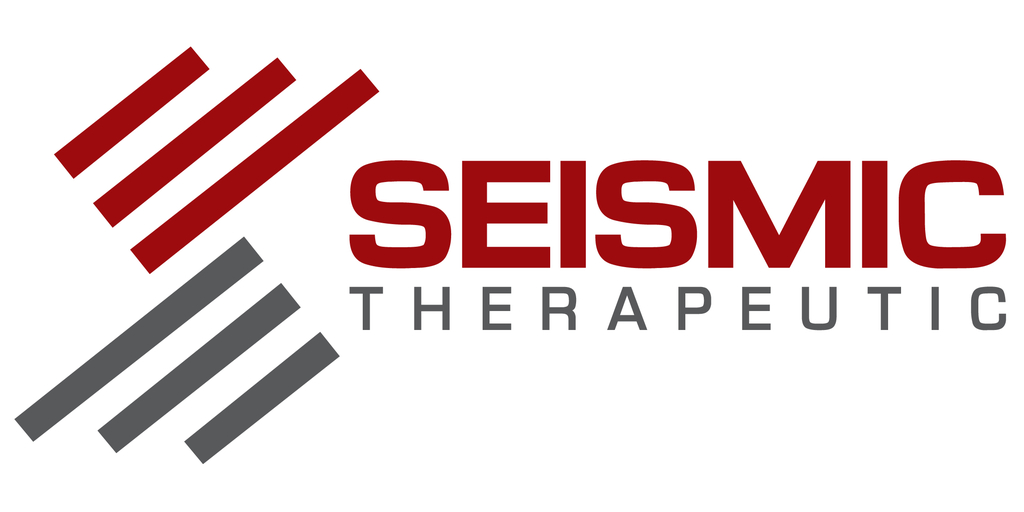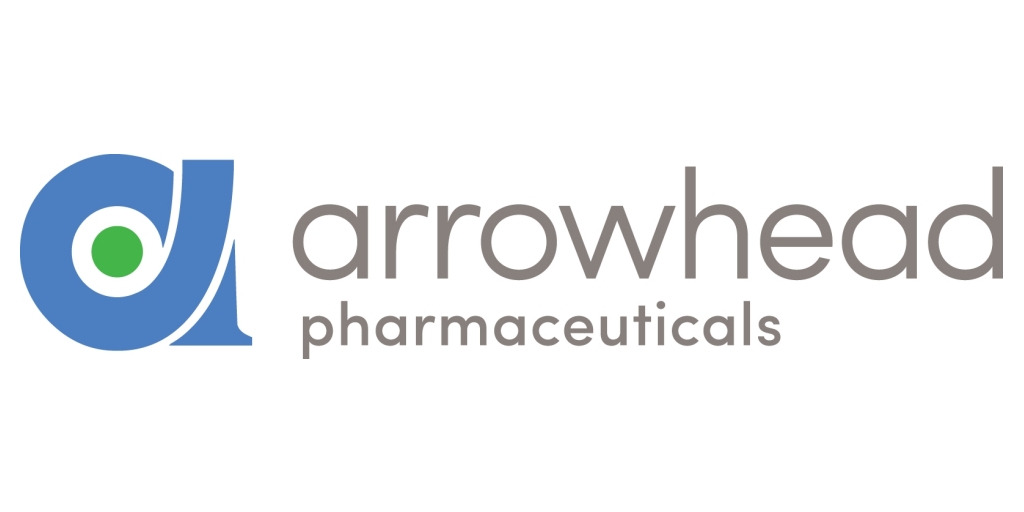Ivonescimab alone or combined with chemotherapy led to intracranial responses among 34% of patients with brain metastases at baseline – 23% achieved a complete response
All patients who did not achieve an intracranial response demonstrated stable disease or non-progression by RANO criteria irrespective of cohort
Median intracranial PFS of 19.3 months observed across combined cohorts of ivonescimab administered as monotherapy or in combination with chemotherapy
No cases of intracranial bleeding were observed in these patients with brain metastases
Detailed safety and anti-tumor activity updates from Phase II trial for ivonescimab plus chemotherapy in multiple NSCLC settings, including 1L squamous NSCLC
MIAMI–(BUSINESS WIRE)–$SMMT–Summit Therapeutics Inc. (NASDAQ: SMMT) (“Summit,” “we,” or the “Company”) today announced promising data for its novel, potential first-in-class investigational bispecific antibody, ivonescimab, that is being presented today at the 2024 European Lung Cancer Congress (ELCC 2024) in Prague, Czech Republic. Two posters featuring updated ivonescimab data will be displayed from 12:00 to 12:45pm Central European Time. The posters will also be made available on our website after the presentation period.
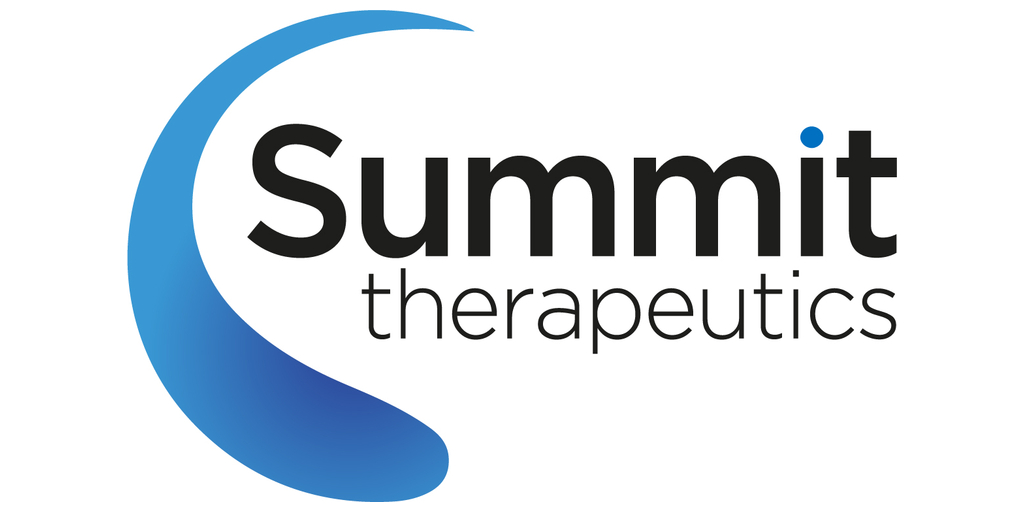
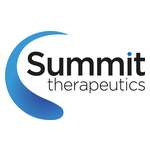
The first poster, “Intracranial Activity of Ivonescimab Alone or in Combination with Platinum Doublet Chemotherapy in Patients with Advanced Non-Small Cell Lung Cancer (NSCLC) and Brain Metastases” includes data from patients with asymptomatic brain metastases at baseline. These patients were enrolled in either AK112-202 (NCT04900363), in which ivonescimab is delivered as monotherapy, or AK112-201 (NCT04736823), in which ivonescimab is delivered in combination with platinum doublet chemotherapy, both of which are Phase II clinical trials for patients with advanced or metastatic NSCLC. This analysis consisted of the 35 patients with advanced or metastatic NSCLC who had asymptomatic brain metastases at baseline; 28 patients were treated with ivonescimab plus chemotherapy in AK112-201, and seven patients were treated with monotherapy ivonescimab in AK112-202.
Notably, median intracranial progression-free survival was 19.3 months across all patients analyzed. Patients across both cohorts experienced an intracranial response rate of 34%, and eight patients (23%) experienced a complete response by RANO criteria. All patients who did not achieve a response demonstrated stable disease or non-progression; no patients experienced intracranial disease progression at the time of the initial follow-up scan. No cases of intracranial bleeding complications were observed in these patients.
“We are pleased to see ivonescimab’s favorable intracranial response rates and median intracranial progression-free survival as well as promising anti-tumor activity and safety profile in the subgroup of patients with brain metastases from NSCLC,” said Dr. H. Jack West, Vice President of Clinical Development at Summit. “We are grateful for the patients and clinical investigators supporting these trials, and our ongoing collaboration with our partners at Akeso.”
The second poster titled, “Phase 2 Results of Ivonescimab a Novel PD-1/VEGF Bispecific in Combination with Chemotherapy for First Line Treatment of Patients with Advanced / Metastatic Non-Small Cell Lung Cancer” includes updated data from the Phase II trial AK112-201 centered around the cohort of patients in which ivonescimab is combined with chemotherapy for first-line treatment of squamous and non-squamous advanced or metastatic NSCLC in patients without actionable genomic alterations (e.g., positive for endothelial growth factor receptor (EGFR) mutations or anaplastic lymphoma kinase (ALK)). Summarized updates in NSCLC patients with EGFR mutations after a tyrosine kinase inhibitor (TKI) and NSCLC patients who have received prior PD-(L)1 plus doublet chemotherapy treatment are included as well.
Of significance, first-line advanced or metastatic squamous NSCLC patients experienced a median PFS of 11.1 months (95% CI: 9.5 – 16.3 months). In addition, first-line patients with advanced or metastatic non-squamous tumors experienced a median PFS of 13.3 months (95% CI: 8.3 – 16.4 months). Median overall survival was not reached in either subset of patients after a median follow-up time of 22.1 months. The frequency of treatment-emergent adverse events (TEAEs) leading to the discontinuation of ivonescimab was 11.1% and 2.8%, respectively, in patients with squamous and non-squamous tumors. The most frequent TEAEs were anemia and decreased neutrophil counts in squamous patients and anemia and constipation in non-squamous patients.
The posters will be presented by, amongst others, Dr. Li Zhang, Sun Yat-Sen University Cancer Center, and Dr. West, with data generated and analyzed by our collaboration and licensing partner, Akeso Inc. (HKEX Code: 9926.HK) with contribution by Summit staff.
Summit continues its clinical development of ivonescimab in order to establish its efficacy and safety in two NSCLC indications:
-
HARMONi Phase III trial: ivonescimab combined with chemotherapy in patients with EGFR-mutated, locally advanced or metastatic non-squamous NSCLC who have progressed after treatment with a third-generation EGFR TKI (NCT05184712)
-
HARMONi-3 Phase III trial: ivonescimab combined with chemotherapy in first-line metastatic squamous NSCLC patients (NCT05899608)
About the ELCC 2024 Posters
Poster Title: Phase 2 Results of Ivonescimab a Novel PD-1/VEGF Bispecific in Combination with Chemotherapy for First Line Treatment of Patients with Advanced / Metastatic Squamous Non-Small Cell Lung Cancer
ELCC Presentation No.: 68P
Session Date & Time: Friday, March 22, 2024, 12:00 to 12:45pm CET
Poster Title: Intracranial Activity of Ivonescimab Alone or in Combination with Platinum Doublet Chemotherapy in Patients with Advanced Non-Small Cell Lung Cancer and Brain Metastases
ELCC Presentation No.: 174P
Session Date & Time: Friday, March 22, 2024, 12:00 to 12:45pm CET
About Ivonescimab
Ivonescimab, known as SMT112 in Summit’s license territories, the United States, Canada, Europe, and Japan, and as AK112 in China and Australia, is an investigational, novel, potential first-in-class bispecific antibody combining the effects of immunotherapy via a blockade of PD-1 with the anti-angiogenesis effects associated with blocking VEGF into a single molecule. Ivonescimab displays cooperative binding with each of its intended targets with higher affinity when in the presence of both PD-1 and VEGF.
This could differentiate ivonescimab as there is potentially higher expression (presence) of both PD-1 and VEGF in tumor tissue and the tumor microenvironment (TME) as compared to normal tissue in the body. Ivonescimab’s tetravalent structure (four binding sites) enables higher avidity (accumulated strength of multiple binding interactions) in the tumor microenvironment with over 18-fold increased binding affinity to PD-1 in the presence of VEGF in vitro, and over 4-times increased binding affinity to VEGF in the presence of PD-1 in vitro (Zhong, et al, SITC, 2023). This tetravalent structure, the intentional novel design of the molecule, and bringing these two targets into a single bispecific antibody with cooperative binding qualities have the potential to direct ivonescimab to the tumor tissue versus healthy tissue. The intent of this design is to improve upon previously established efficacy thresholds, in addition to side effects and safety profiles associated with these targets.
Ivonescimab was discovered by Akeso Inc. (HKEX Code: 9926.HK) and is currently engaged in multiple Phase III clinical trials. Over 1,600 patients have been treated with ivonescimab in clinical studies globally. Summit has begun its clinical development of ivonescimab in non-small cell lung cancer (NSCLC), commencing enrollment in 2023 in two Phase III clinical trials.
Ivonescimab is an investigational therapy that is not approved by any regulatory authority.
About Summit Therapeutics
Summit Therapeutics Inc. is a biopharmaceutical oncology company focused on the discovery, development, and commercialization of patient-, physician-, caregiver- and societal-friendly medicinal therapies intended to improve quality of life, increase potential duration of life, and resolve serious unmet medical needs.
Summit was founded in 2003 and our shares are listed on the Nasdaq Global Market (symbol ‘SMMT’). We are headquartered in Miami, Florida, and we have additional offices in Menlo Park, California, and Oxford, UK.
For more information, please visit https://www.smmttx.com and follow us on X @summitplc.
Summit Forward-looking Statements
Any statements in this press release about the Company’s future expectations, plans and prospects, including but not limited to, statements about the clinical and preclinical development of the Company’s product candidates, entry into and actions related to the Company’s partnership with Akeso Inc., the Company’s anticipated spending and cash runway, the therapeutic potential of the Company’s product candidates, the potential commercialization of the Company’s product candidates, the timing of initiation, completion and availability of data from clinical trials, the potential submission of applications for marketing approvals, potential acquisitions, and other statements containing the words “anticipate,” “believe,” “continue,” “could,” “estimate,” “expect,” “intend,” “may,” “plan,” “potential,” “predict,” “project,” “should,” “target,” “would,” and similar expressions, constitute forward-looking statements within the meaning of The Private Securities Litigation Reform Act of 1995. Actual results may differ materially from those indicated by such forward-looking statements as a result of various important factors, including the results of our evaluation of the underlying data in connection with the development and commercialization activities for ivonescimab, the outcome of discussions with regulatory authorities, including the Food and Drug Administration, the uncertainties inherent in the initiation of future clinical trials, availability and timing of data from ongoing and future clinical trials, the results of such trials, and their success, and global public health crises, that may affect timing and status of our clinical trials and operations, whether preliminary results from a clinical trial will be predictive of the final results of that trial or whether results of early clinical trials or preclinical studies will be indicative of the results of later clinical trials, whether business development opportunities to expand the Company’s pipeline of drug candidates, including without limitation, through potential acquisitions of, and/or collaborations with, other entities occur, expectations for regulatory approvals, laws and regulations affecting government contracts and funding awards, availability of funding sufficient for the Company’s foreseeable and unforeseeable operating expenses and capital expenditure requirements and other factors discussed in the “Risk Factors” section of filings that the Company makes with the Securities and Exchange Commission. Any change to our ongoing trials could cause delays, affect our future expenses, and add uncertainty to our commercialization efforts, as well as to affect the likelihood of the successful completion of clinical development of ivonescimab. Accordingly, readers should not place undue reliance on forward-looking statements or information. In addition, any forward-looking statements included in this press release represent the Company’s views only as of the date of this release and should not be relied upon as representing the Company’s views as of any subsequent date. The Company specifically disclaims any obligation to update any forward-looking statements included in this press release.
Appendix: Glossary of Critical Terms Contained Herein
Affinity – Affinity is the strength of binding of a molecule, such as a protein or antibody, to another molecule, such as a ligand.
Avidity – Avidity is the accumulated strength of multiple binding interactions.
Angiogenesis – Angiogenesis is the development, formation, and maintenance of blood vessel structures. Without sufficient blood flow, tissue may experience hypoxia (insufficient oxygen) or lack of nutrition, which may cause cell death.i
Baseline – The condition of a patient at the start of the clinical trial; a patient’s health status upon starting a clinical trial prior to receiving therapy.
Cooperative binding – Cooperative binding occurs when the number of binding sites on the molecule that can be occupied by a specific ligand (e.g., protein) is impacted by the ligand’s concentration. For example, this can be due to an affinity for the ligand that depends on the amount of ligand bound or the binding strength of the molecule to one ligand based on the concentration of another ligand, increasing the chance of another ligand binding to the compound.ii
Immunotherapy – Immunotherapy is a type of treatment, including cancer treatments, that help a person’s immune system fight cancer. Examples include anti-PD-1 therapies.iii
Intracranial – Within the cranium or skull.
PD-1 – Programmed cell Death protein 1 is a protein on the surface of T cells and other cells. PD-1 plays a key role in reducing the regulation of ineffective or harmful immune responses and maintaining immune tolerance. However, with respect to cancer tumor cells, PD-1 can act as a stopping mechanism (a brake or checkpoint) by binding to PD-L1 ligands that exist on tumor cells and preventing the T cells from targeting cancerous tumor cells.iv
PD-L1 – Programmed cell Death Ligand 1 is expressed by cancerous tumor cells as an adaptive immune mechanism to escape anti-tumor responses, thus believed to suppress the immune system’s response to the presence of cancer cells. v
PD-L1 TPS – PD-L1 Tumor Proportion Score represents the percentage of tumor cells that express PD-L1 proteins.
PFS – Progression-Free Survival.
RANO – Response Assessment in Neuro-Oncology, the standard for assessing the response of a brain or spinal cord tumor to therapy.
SQ-NSCLC – Non-small cell lung cancer tumors of squamous histology.
T Cells – T cells are a type of white blood cell that is a component of the immune system that, in general, fights against infection and harmful cells like tumor cells.vi
Tetravalent – A tetravalent molecule has four binding sites or regions.
Tumor Microenvironment – The tumor microenvironment is the ecosystem that surrounds a tumor inside the body. It includes immune cells, the extracellular matrix, blood vessels and other cells, like fibroblasts. A tumor and its microenvironment constantly interact and influence each other, either positively or negatively.vii
VEGF – Vascular Endothelial Growth Factor is a signaling protein that promotes angiogenesis.viii
i Shibuya M. Vascular Endothelial Growth Factor (VEGF) and Its Receptor (VEGFR) Signaling in Angiogenesis: A Crucial Target for Anti- and Pro-Angiogenic Therapies. Genes Cancer. 2011 Dec;2(12):1097-105.
ii Stefan MI, Le Novère N. Cooperative binding. PLoS Comput Biol. 2013;9(6)
iii US National Cancer Institute, a part of the National Institute of Health (NIH). https://www.cancer.gov/about-cancer/treatment/types/immunotherapy. Accessed March 2024.
iv Han Y, et al. PD-1/PD-L1 Pathway: Current Researches in Cancer. Am J Cancer Res. 2020 Mar 1;10(3):727-742.
v Han Y, et al. PD-1/PD-L1 Pathway: Current Researches in Cancer. Am J Cancer Res. 2020 Mar 1;10(3):727-742.
vi Cleveland Clinic. https://my.clevelandclinic.org/health/body/24630-t-cells. Accessed March 2024.
vii MD Anderson Cancer Center. https://www.mdanderson.org/cancerwise/what-is-the-tumor-microenvironment-3-things-to-know.h00-159460056.html. Accessed March 2024.
viii Shibuya M. Vascular Endothelial Growth Factor (VEGF) and Its Receptor (VEGFR) Signaling in Angiogenesis: A Crucial Target for Anti- and Pro-Angiogenic Therapies. Genes Cancer. 2011 Dec;2(12):1097-105.
Contacts
Contact Summit Investor Relations:
Dave Gancarz
Chief Business & Strategy Officer
Nathan LiaBraaten
Senior Director, Investor Relations
investors@smmttx.com
